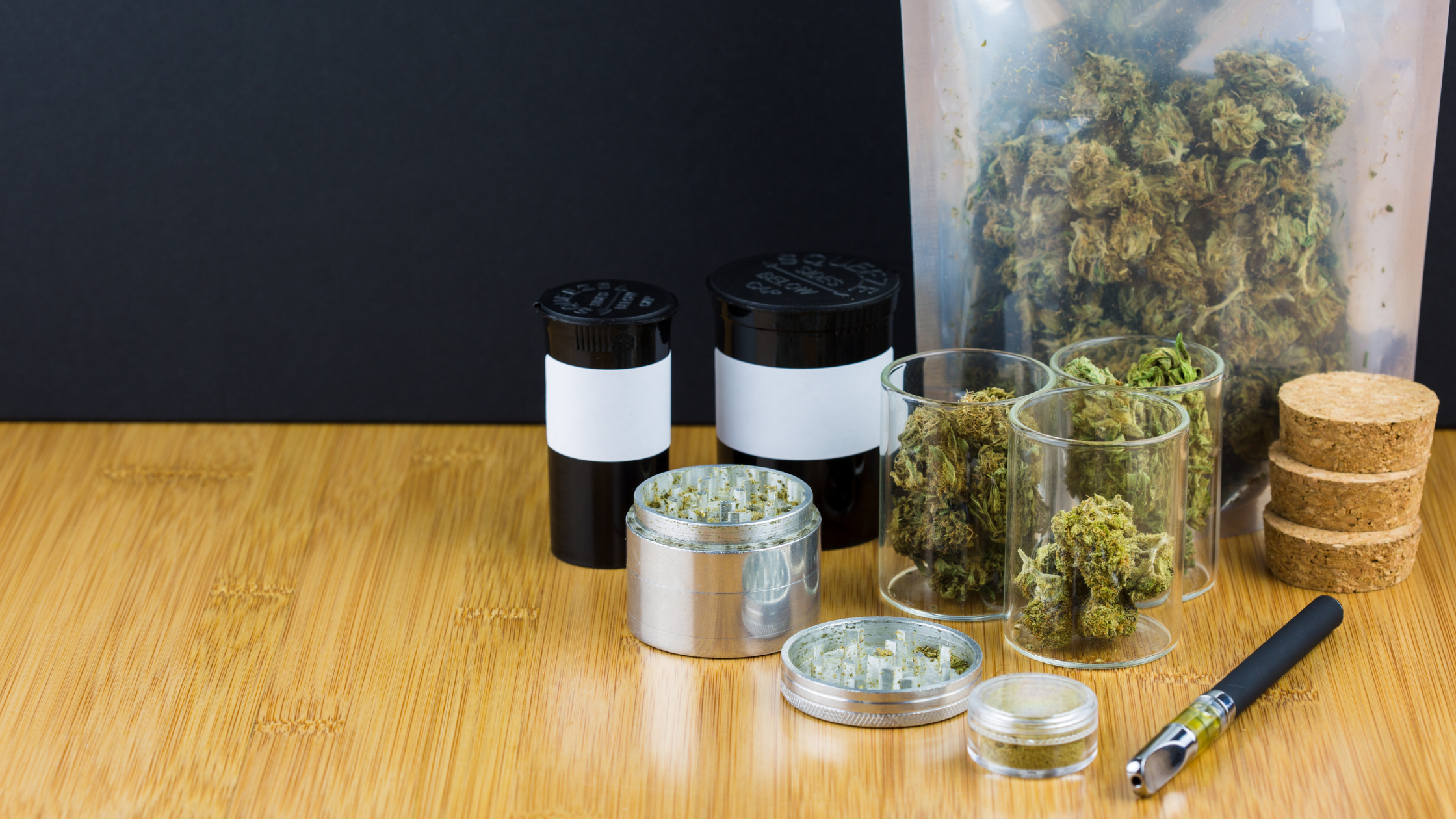A report published in 2018 revealed that about 50 million Americans are suffering from chronic pain. There is a need to produce potent pain relievers, especially for patients suffering from painful terminal illnesses. Opioids are effective but have adverse effects on the body, including addiction and overdose. In a bid to prevent the abuse of over-the-counter pain medication/opioids, medical marijuana could be used as a better alternative.
A study conducted in 2019 on the qualifying conditions of medical cannabis license holders in the US shows that approximately 62.2% of cannabis users in the US are trying to manage chronic pain. Marijuana has therapeutic properties such as cannabinoids and delta-9-tetrahydrocannabinol that may reduce pain intensity.
What Is Medical Marijuana?
Marijuana as a form of potential pain relief alternative has become popular, with more countries legalizing it to help citizens living with chronic pain cope. More patients are moving away from opioids and have started requesting marijuana-based medications. The medication contains cannabinoids, tetrahydrocannabinol (THC), cannabidiol (CBD), or a combination of THC and CBD.
CBD and THC are the most common receptors present in marijuana. Apart from its potential to relieve pain, it may also increase appetite and minimizes nausea. Medical marijuana may be promising in the management of symptoms of cancer, fibromyalgia, severe nausea, lupus, seizures, sleeping disorders, glaucoma, Post Traumatic Stress Disorder (PTSD), Osteoarthritis, Multiple sclerosis, and chronic pain, among others.
How To Use Medical Marijuana for Chronic Pain?
1. Doctor’s recommendation
The first step is to seek the guidance and assistance of a doctor. Your doctor needs to evaluate your health and recommend medical marijuana as a potentially promising form of treatment since it is still considered illegal.
2. Consumption
The mode of consumption will affect:
- The time it takes to feel the effects of marijuana
- The duration of the impact
- And the percentage of active compounds that your body absorbs.
Medical marijuana is consumed through topicals, edibles, or inhalation.
- Topicals—This is the preferred option for persons dealing with localized pain and inflammation. Applying topicals does not give the user a “high.”
- Oils and tinctures—These are ingested through the mouth and are sometimes considered to fall in the edible category. It is taken under the tongue, allowing for faster absorption into the bloodstream. It is a good option for people who want to control their dose since it is easier to measure.
- Edibles—This is done by ingesting marijuana-infused food through the mouth. It takes longer, and the effects are more potent and less predictable because people tend to be impatient, making them over-consume.
- Inhalation—This is done by smoking a joint or vaping with the aid of a vaporizer. The body absorbs more when vaping than it does when smoking. Therefore, you may want to consume less when vaping. The effects may last for about two to four hours.
3. Research
Marijuana can affect everyone differently depending on your body composition, the marijuana strain, daily habits, weight, type of pain, and stress levels. Just like other plants, marijuana’s effects depend on the conditions it was subjected to as it grew. With this in mind, you should investigate the product before you use it. Below are some things you might want to consider when doing research:
- What is the THC:CBD ratio of marijuana?—Most physicians recommend a THC:CBD ratio of 1:1 to regulate the possible effects on the body.
- What is the marijuana species?—Learn the marijuana species since they may have different effects on the body. These species include Sativa, Indica, and Hybrid. Sativa has energizing properties whereas Indica has relaxing properties. Hybrid is a combination of Indica and Sativa; thus, it is more balanced.
- What compounds are contained in the present in medical marijuana other than THC and CBD?—Other than THC and CBD, marijuana contains terpenes, which include terpinolene, limonene, caryophyllene, and myrcene. These compounds may affect your tolerance and anatomy.
Contact Transformative Health today to learn more about medical MMJ or fill out the form below:
- 225-888-4041Interested in Learning More?
 Skip to content
Skip to content


